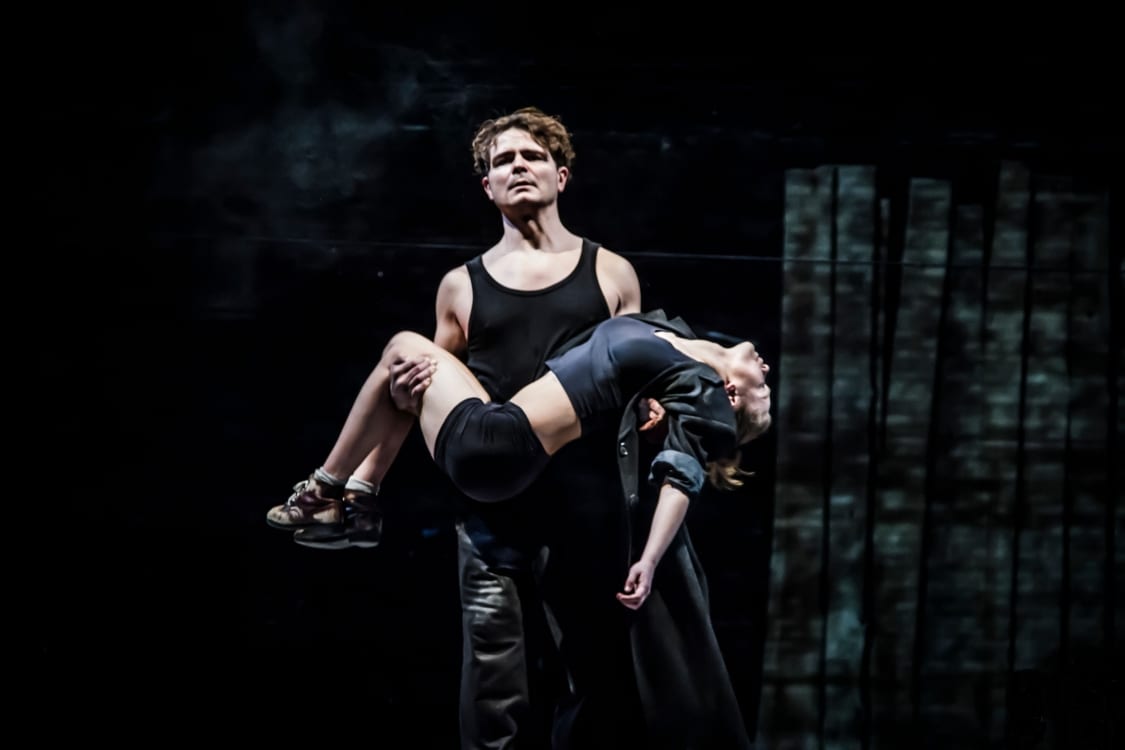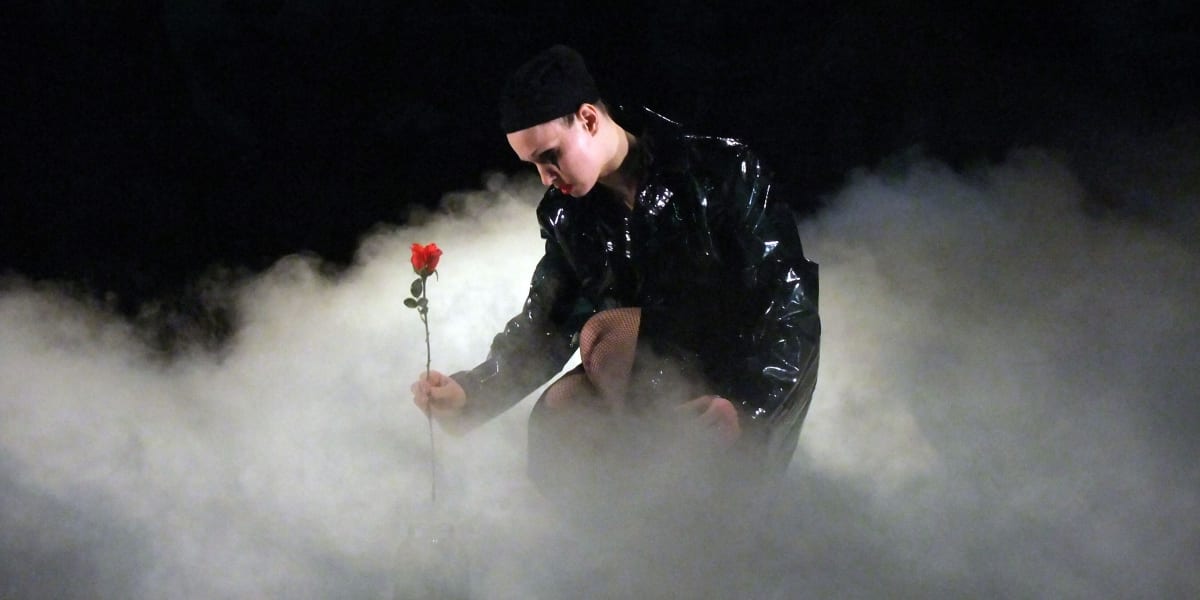The Good Person of Szechwan is one of Bertolt Brecht’s most popular plays. Written in 1941, it is a parable about the challenge of remaining good in an imperfect and unjust society. The play is set in Szechwan, a poor part of China and centres around the story of Shen Te, a prostitute who tries to make ends meet without much success. In the opening of the play Shen Te is described as the only good person in the whole province, and she is soon rewarded for this kind- heartedness by the Gods with a large sum of money. We then follow Shen Te’s journey in opening a little business and trying to survive in a money-oriented, prejudiced and class-divided society.
The more acts of kindness she performs, the more overwhelmed she finds herself, and more and more people demand either money or support from her. Shen Te is then forced to come up with a double of herself, her cousin Shui Ta, who is the opposite of her: cold-hearted, ruthless, and not scared to deny help. Shen Te uses him as a device whenever she is being taken advantage of.
But the more Shen Te gets trapped in this device of hers, the more tormented and conflicted she becomes. By the end of the play, when she is forced to reveal that is it is really herself behind the ‘mask’ of Shui Ta and admits how hard it is to survive in this world while remaining good.
The play is a fierce parable on the difficulty to remain selfless in friendships, romantic relationships, and working partnerships. Alexandra Ursulyak is phenomenal in the double part of Shen Te and Shui Ta. She is, indeed, one of the most renowned performers in Russia, and won the Golden Mark Award (most prestigious theatre award in Russia) for her performance in this production.
Directed by one of Russia’s legendary directors – Yury Butusov – the audience has the opportunity to enjoy a production which is visually exciting and stimulating. The beautiful movement is woven together with the performances and the text. The heightened body language and plasticity of movement creates a show which is far from realism, and incredibly powerful in this ensemble-based production. Butusov, however, does not choose to focus too much on the destitution and poverty which Brecht speaks about in this play as this production looks rather stunning. The costumes and set design by Alexander Shishkin are beautiful and vivid, creating a piece of high aesthetic. The world that Butusov creates is colourful, full of vice and energy, with love and passion.
Paul Dessau’s music, pwerfully performed by the musical ensemble Pure Music, is certainly a plus to the production. The live band placed so close to the actors and within the action, the songs performed in German, and the continuous soundscape, all drive the production and create a unique atmosphere for each scene. The use of the German language for the singing parts is an important device, used as an instrument itself, and as a way to create an extra layer of separation between actors and characters in a Brechtian fashion.
This production is no easy task for an audience member. Brecht’s play asks a lot from the audience and Butusov’s performers approach the piece with an outmost unique energy. Text, movement and music become inseparable and, alongside Butusov’s great use of substances such as water and rice, create an outstanding piece of theatre.

